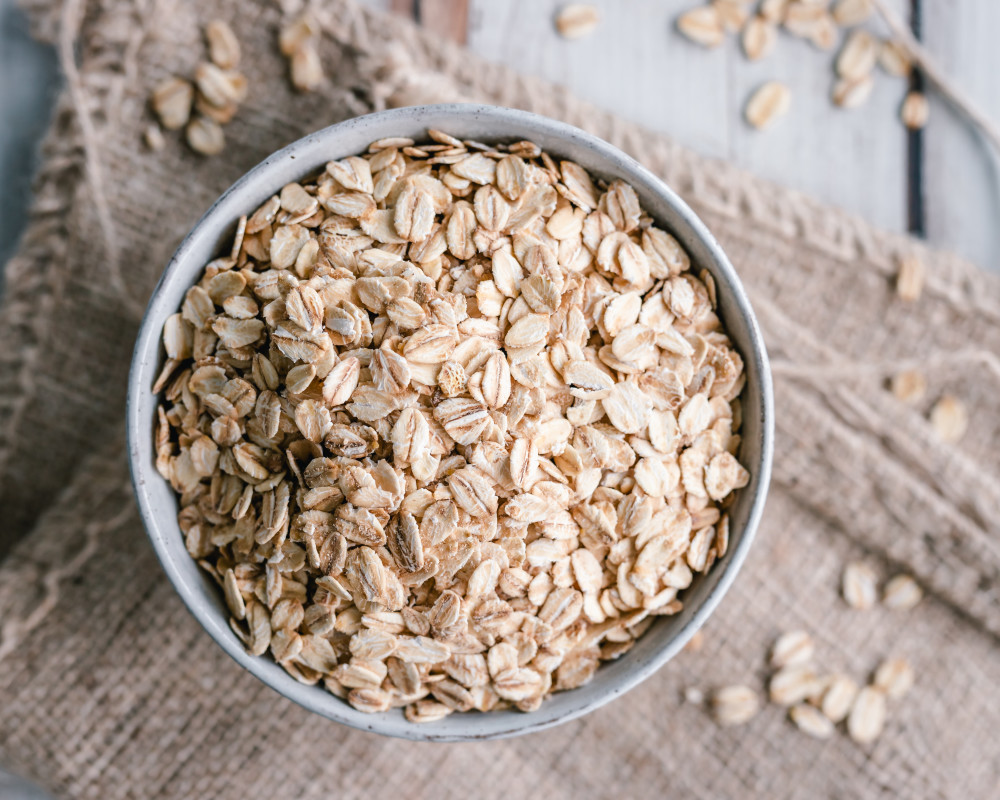No products in the cart.
Fitness Tips
Study Finds Most Americans Test Positive for Dangerous Food Chemical

A study published Feb. 15 in the Journal of Exposure Science & Environmental Epidemiology found that 80 percent of Americans tested positive for exposure to a dangerous, largely unknown chemical found in a variety of common pantry items like Cheerios and Quaker Oats.
The small study, conducted by the Environmental Working Group (EWG), determined that four out of five Americans have been exposed to chlormequat, described as a “highly toxic agricultural chemical.” Studies on animals have linked chlormequat to a range of reproductive issues, including reduced fertility, altered fetal growth, and harm to the reproductive system.
“We detected the chemical in 92 percent of oat-based foods purchased in May 2023, including Quaker Oats and Cheerios,” a report released along with the study reads. “The fact that so many people are exposed raises concerns about its potential impact on public health.”
To determine their results, researchers collected 96 urine samples from between 2017 and 2023 and tested them for chlormequat. They found that 77 of those 96 people tested positive for the chemical. They also deduced their respective exposure must have been recent, as chlormequat is known to leave the bloodstream within 24 hours.
“We found a greater number of people were exposed in 2023, compared to earlier years, and at higher concentrations,” the researchers noted, indicating that exposure is rising exponentially.
In looking at sources of exposure, researchers “found high detections of chlormequat in oat-based products.” Of the 20 products examined, seven were organic and 13 non-organic. They also tested nine wheat-based products.
“Detectable levels of chlormequat were found on 92 percent of non-organic oat-based foods, while only two samples of wheat-based foods—both of them bread—had low levels. Only one of the seven organic samples had low levels of chlormequat,” it was determined.
Chlormequat makes plants more rigid, therefore easier to harvest. While the Environmental Protection Agency (EPA) doesn’t allow the use of chlormequat on food crops grown in America, it is used on food and grains that are imported to the U.S.
“Chlormequat was not allowed on oats sold in the U.S. before 2018, when the Trump-[era] EPA gave first-time approval for some amount of the chemical on imported oats. The same administration in 2020 increased the allowable level,” the report explains. “These regulatory changes might help explain why we’re seeing more frequent, higher detections of the chemical in Americans tested.”
Source link

